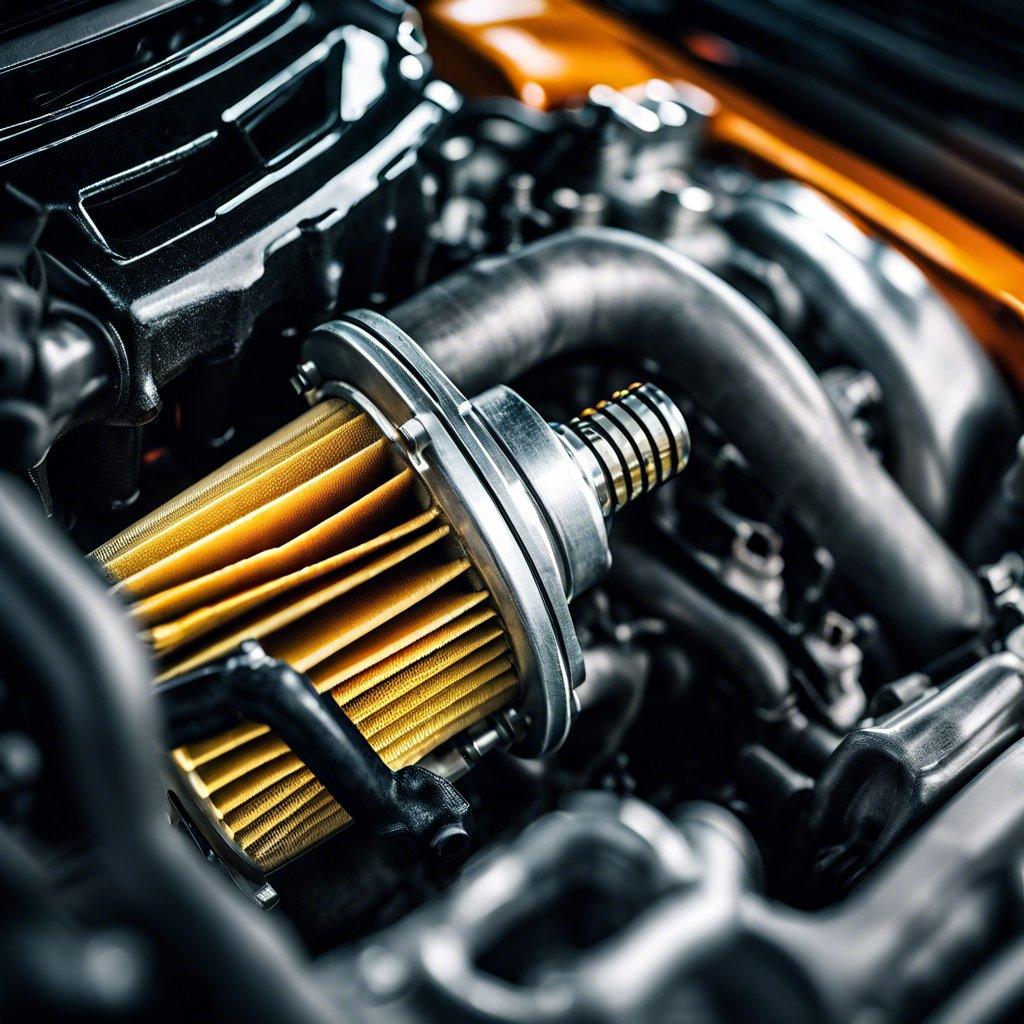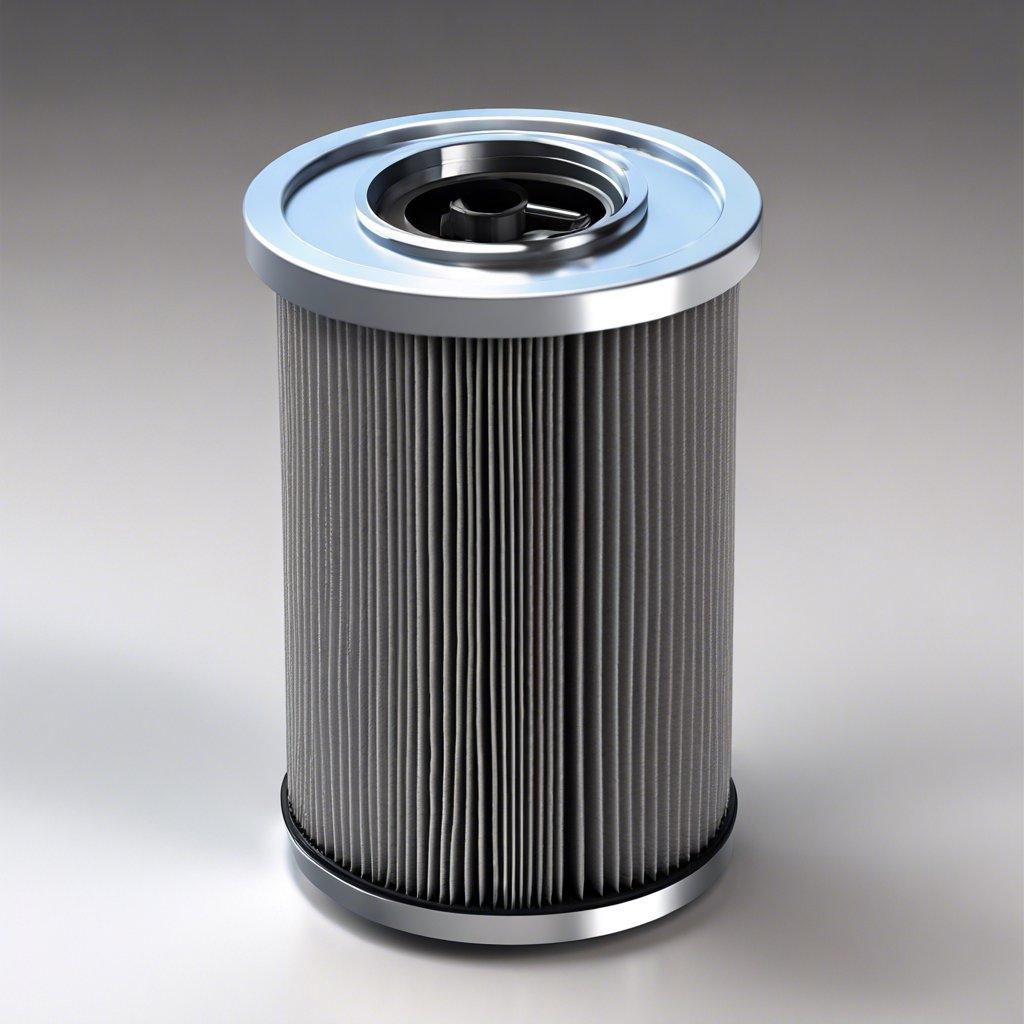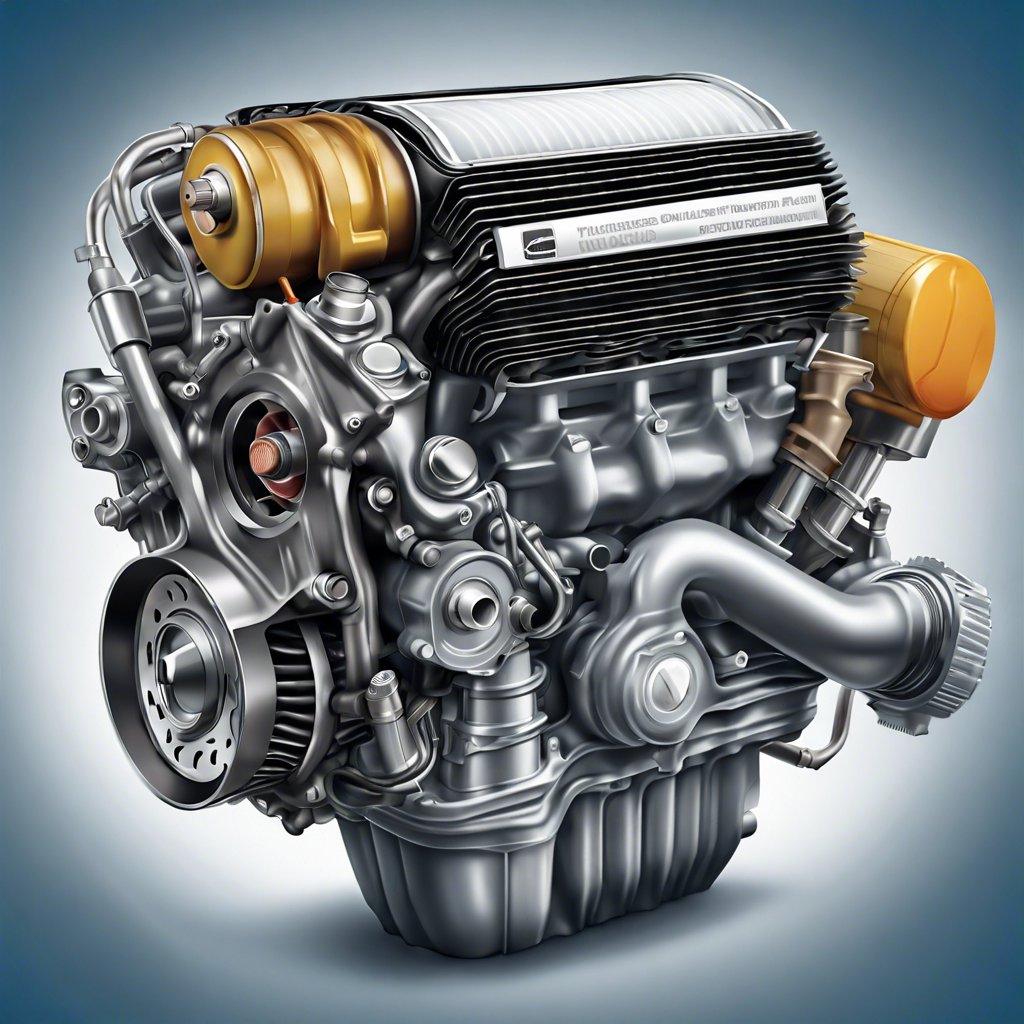Changing Fuel Filters: How Often Is Best?
Optimizing Engine Performance: The Importance of Regular Fuel Filter Replacement

Understanding the Role of Fuel Filters
Fuel filters play a crucial role in maintaining the health and performance of your engine. These unsung heroes are responsible for trapping impurities, contaminants, and debris that can accumulate in the fuel system, preventing them from reaching and potentially damaging critical engine components.
The Consequences of Neglected Fuel Filters
When fuel filters are not replaced at the recommended intervals, they can become clogged, restricting the flow of fuel to the engine. This can lead to a range of issues, including:
- Reduced engine power and performance
- Decreased fuel efficiency
- Increased emissions and environmental impact
- Potential engine damage and decreased lifespan
Optimizing Engine Efficiency through Regular Maintenance
Regular fuel filter replacement is a simple, cost-effective way to maintain the optimal performance and longevity of your engine. By replacing the fuel filter as recommended by the manufacturer, you can ensure that your engine is receiving a steady, uninterrupted supply of clean fuel, which can:
- Improve fuel economy
- Reduce emissions and environmental impact
- Extend the lifespan of critical engine components
Determining the Optimal Fuel Filter Replacement Interval
| Driving Conditions | Recommended Replacement Interval |
|---|---|
| Normal Driving | Every 12,000 to 15,000 miles |
| Severe Driving (e.g., towing, off-road) | Every 6,000 to 8,000 miles |
| Older or High-Mileage Vehicles | Every 10,000 miles |
It’s important to consult your vehicle’s owner’s manual or speak with a qualified technician to determine the optimal fuel filter replacement interval for your specific make and model.
Fuel Filtration Fundamentals: Ensuring Smooth and Efficient Engine Operation
The Importance of Fuel Filtration
Proper fuel filtration is a critical component of maintaining a vehicle’s engine performance and longevity. The fuel system is responsible for delivering the necessary fuel to the engine, and any contaminants or impurities in the fuel can lead to a range of issues, from reduced efficiency to costly engine damage.
Understanding Fuel Filters
Fuel filters are designed to remove a variety of contaminants from the fuel, including dirt, rust, and other particulates. These filters are typically located in the fuel line, either in the fuel tank or near the fuel pump, and they play a crucial role in ensuring that only clean fuel reaches the engine.
Fuel Filter Maintenance
Replacing fuel filters at the recommended intervals is essential for maintaining engine performance and preventing potential issues. The specific replacement interval can vary depending on the vehicle make and model, as well as the driving conditions and fuel quality.
Signs of a Clogged Fuel Filter
- Reduced engine performance: A clogged fuel filter can restrict fuel flow, leading to a noticeable decrease in engine power and acceleration.
- Difficulty starting the engine: A clogged filter can make it harder for the engine to start, especially in cold weather.
- Irregular engine idling: A clogged filter can cause the engine to run rough or stall at idle.
- Decreased fuel efficiency: A restricted fuel flow can lead to reduced fuel efficiency, resulting in increased fuel consumption.
Fuel Filter Replacement
| Fuel Filter Replacement Interval | Typical Mileage |
|---|---|
| Light-duty vehicles (passenger cars) | 30,000 to 50,000 miles |
| Heavy-duty vehicles (trucks, buses) | 10,000 to 20,000 miles |
It’s important to note that these are general guidelines, and the actual replacement interval may vary based on the vehicle’s manufacturer recommendations and the driving conditions.
Extending Engine Lifespan: Mastering the Art of Timely Fuel Filter Maintenance
Maintaining Optimal Engine Performance
The fuel filter is a vital component in your vehicle’s engine, responsible for removing impurities and contaminants from the fuel before it reaches the engine. Proper and timely fuel filter maintenance is essential for extending the lifespan of your engine and ensuring its optimal performance.
Understanding the Importance of Fuel Filter Replacement
As your vehicle accumulates miles, the fuel filter gradually becomes clogged with debris, restricting the flow of fuel to the engine. A clogged fuel filter can lead to a range of issues, including reduced fuel efficiency, decreased engine power, and in severe cases, engine failure.
Determining the Optimal Replacement Interval
The recommended fuel filter replacement interval can vary depending on your vehicle’s make, model, and driving conditions. Most manufacturers suggest replacing the fuel filter every 30,000 to 50,000 miles, or as specified in your owner’s manual. However, in certain circumstances, such as driving in dusty or harsh environments, more frequent replacement may be necessary.
Keeping an eye out for the following symptoms can help you identify when it’s time to replace your fuel filter:
- Reduced fuel efficiency
- Difficulty starting the engine
- Stalling or hesitation during acceleration
- Irregular engine performance or misfiring
Proactive Maintenance for Optimal Engine Health
By staying vigilant and replacing your fuel filter at the recommended intervals, you can help ensure the longevity and performance of your engine. This proactive approach to maintenance can save you from costly repairs down the line and help maintain the overall health of your vehicle.
| Fuel Filter Replacement Interval | Recommended Mileage |
|---|---|
| Average Driving Conditions | 30,000 – 50,000 miles |
| Harsh Driving Conditions | 20,000 – 30,000 miles |
Remember, regular fuel filter maintenance is a small investment that can yield significant returns in terms of engine longevity and performance. Stay proactive, and enjoy a smooth, efficient, and reliable driving experience.
Fuel Efficiency and Emissions Control: How Fuel Filter Upkeep Impacts Your Bottom Line
Maintaining Optimal Fuel Efficiency
Proper fuel filter maintenance is a critical component in ensuring your vehicle’s fuel system operates at peak efficiency. As filters become clogged with contaminants over time, they restrict the flow of fuel, leading to reduced engine performance, decreased fuel economy, and increased emissions.
Emission Control and Environmental Impact
Changing fuel filters on a regular schedule not only optimizes your vehicle’s fuel efficiency but also plays a vital role in emissions control. Clogged filters can cause incomplete fuel combustion, resulting in higher levels of harmful pollutants being released into the environment. By keeping your fuel filters in top condition, you can significantly reduce your carbon footprint and contribute to a cleaner, more sustainable future.
Cost Savings and Maintenance Considerations
Neglecting fuel filter changes can lead to costly repairs down the line, such as fuel pump failure or even engine damage. Proactive maintenance of your fuel filters can help you avoid these expensive issues and optimize your overall operating costs. Additionally, regular filter changes can extend the lifespan of other fuel system components, further enhancing your return on investment.
Recommended Fuel Filter Replacement Intervals
While the specific replacement interval may vary based on your vehicle’s make, model, and driving conditions, most manufacturers recommend changing fuel filters every 30,000 to 50,000 miles or every 2 to 3 years, whichever comes first. It’s essential to consult your owner’s manual or speak with a trusted automotive professional to determine the optimal replacement schedule for your vehicle.
Maintaining the health of your vehicle’s fuel system, particularly the fuel filters, is a crucial aspect of optimizing fuel efficiency, reducing emissions, and minimizing long-term operating costs. By staying proactive with your fuel filter upkeep, you can ensure your vehicle continues to perform at its best while contributing to a cleaner, more sustainable environment. Invest in the long-term success of your fleet or personal vehicle by prioritizing fuel filter maintenance as part of your overall preventive maintenance strategy.




Post Comment